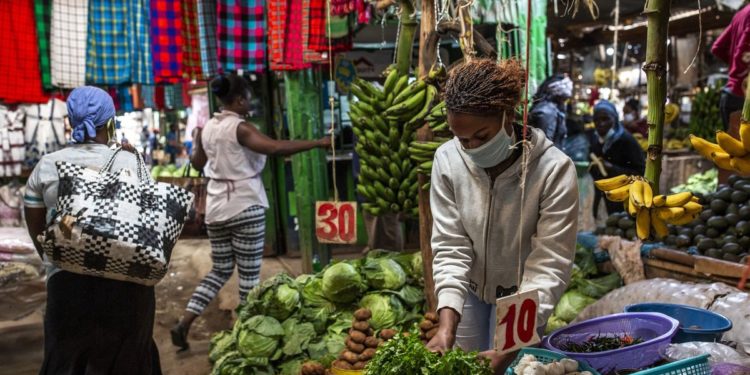Kenyan importers will now pay more to bring in cereals and textiles from outside the East African Community (EAC) following the implementation of the 35 per cent duty on some products.
The maximum 35 per cent duty as Common External Tariff, which took effect on July 1 this year, covers 499 tariff lines (or products), including meat, dairy produce, live trees, furniture, edible vegetables, edible fruits, tea, coffee and mate and animal and vegetable fats (oils).
Others are cocoa and cocoa preparations, preparations of cereals, meat and fish, cement, paints, cosmetics, plastic water tanks, wigs and ceramic products, textiles, iron and steel, pen, beverages, spirits and vinegar.
While the tariff is expected to boost the economies of EAC member countries, it is also poised to affect the purchasing power of citizens negatively.
An analysis of the tariff by the council notes that setting the maximum duty at 35 per cent uniformly across all EAC countries will increase revenue and boost intra-regional trade and investment.
EABC also notes that this will build supply capacities, sustain food security and rural development, improve competitiveness, create employment opportunities and safeguard revenues.
“The only negative impact is welfare loss, which is transitory and can ably be alleviated by increased industrial production, trade creation, employment creation and revenue generation,” said the lobby in its analysis.
In terms of social welfare erosion, the items proposed for the fourth tariff band are those sufficiently produced in the region.
Read also; Cost of Imported Meat, Dairy and Alcohol set to Rise as EAC Agrees on 35pc Common Tariff.




